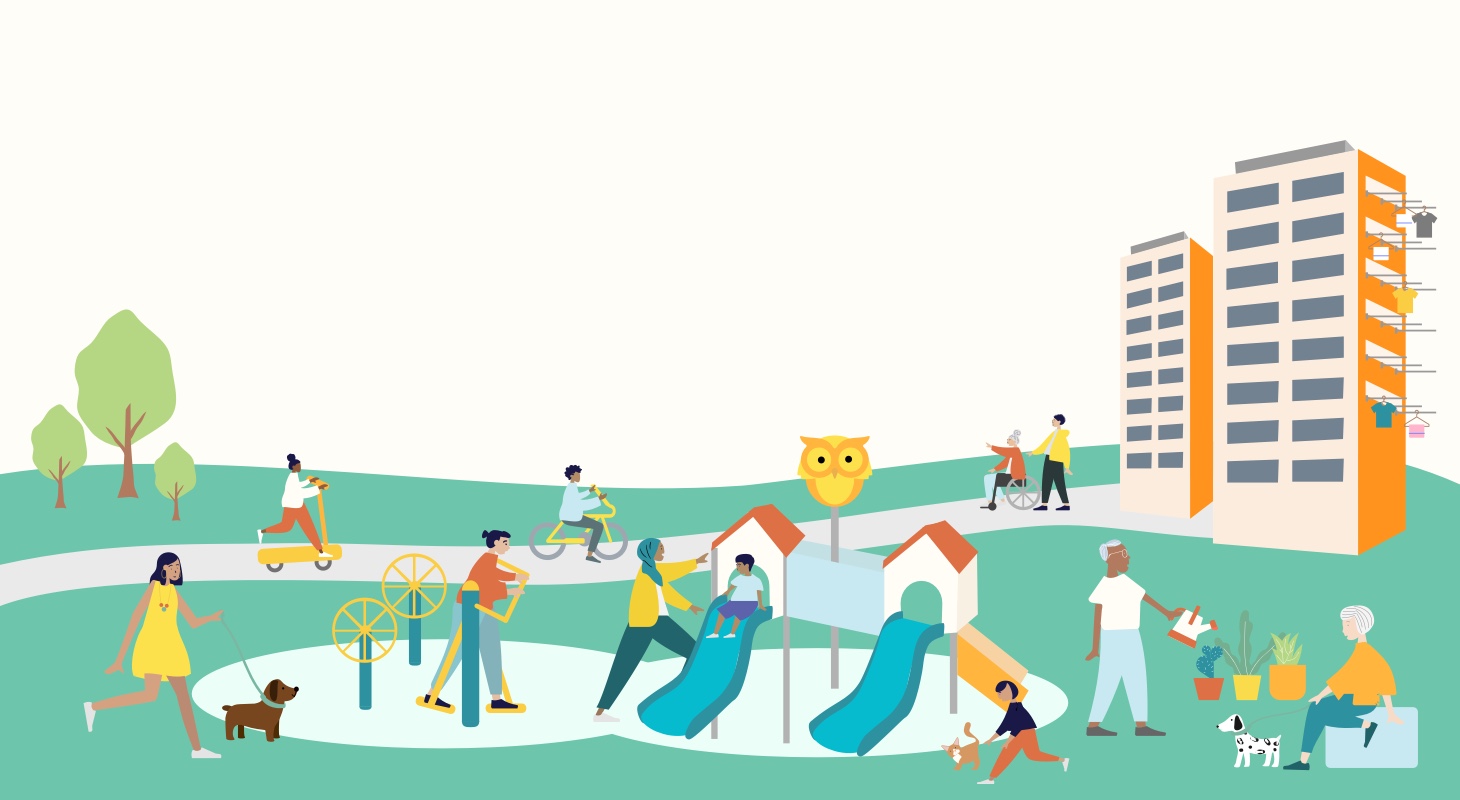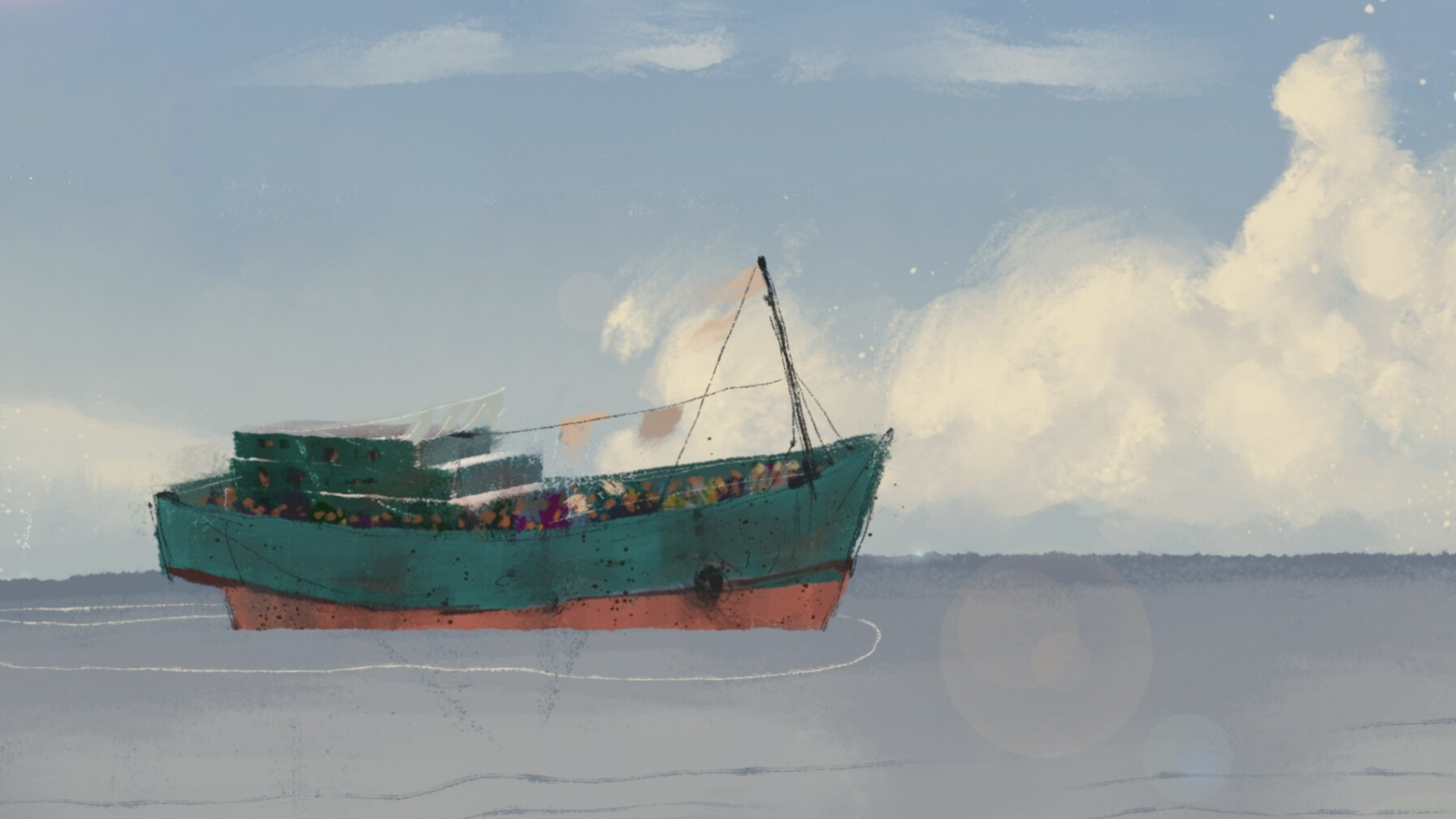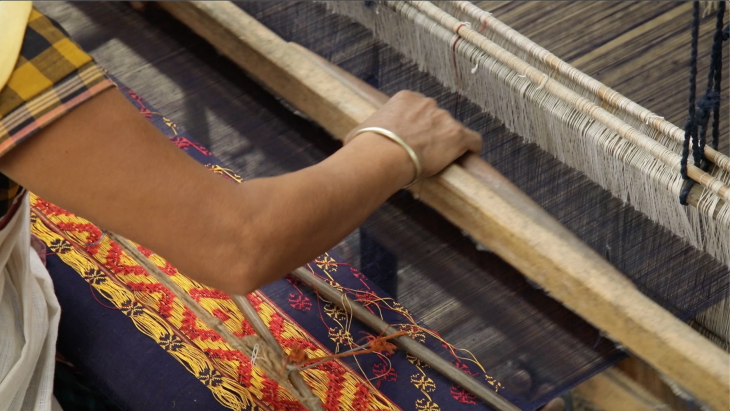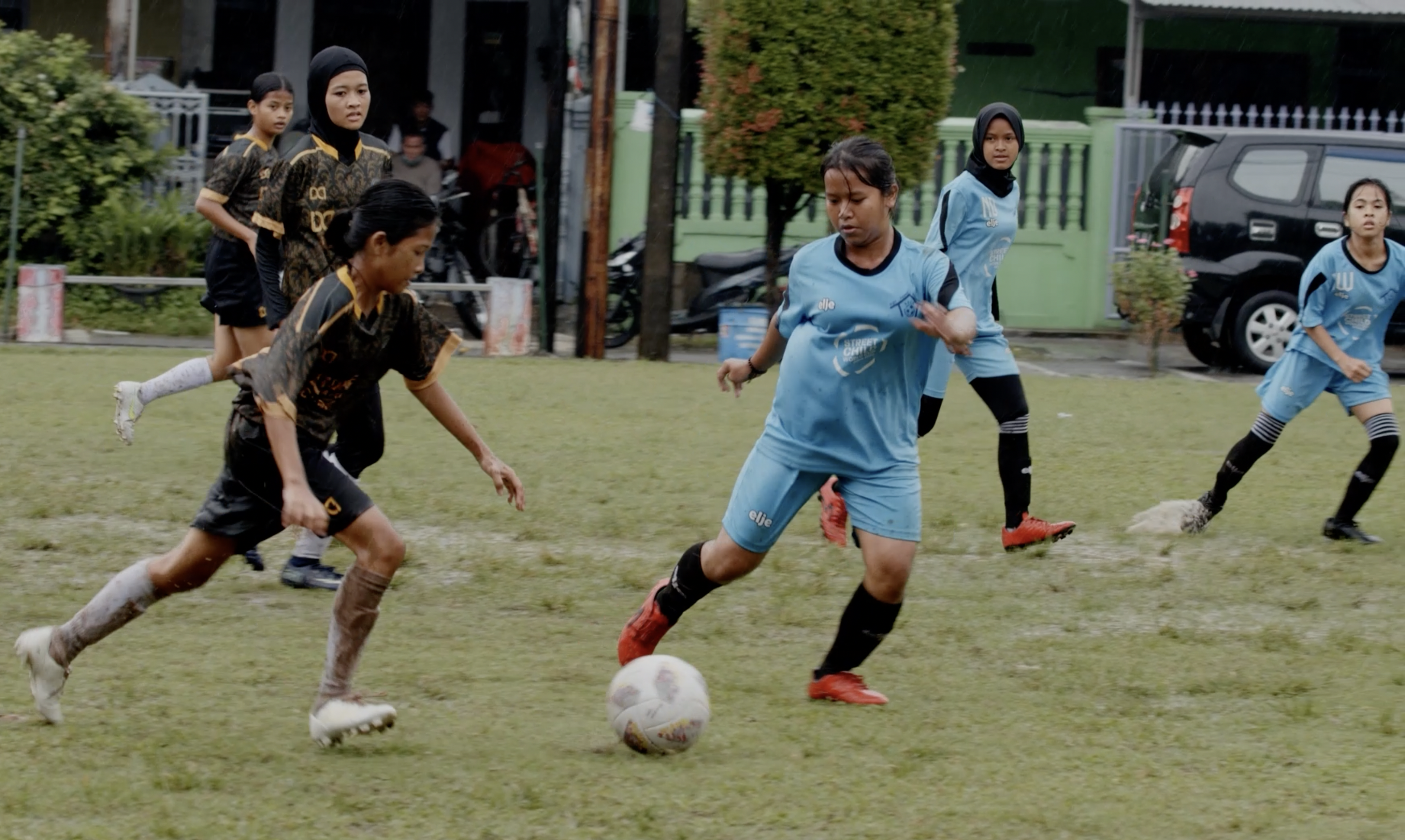Home, not just for me

Migrant. Who, me?
But I'm Singaporean.
As I did my research for an academic paper I was writing, I stumbled upon the word.
Migrant - synonymous with "transient". It is defined as being someone with no permanent residence.
If that is true, aren't my husband and I migrants?
Since we got married, Cliff and I have rented homes, stayed in hostels, and housesat in six homes in three different continents, over three years.
Identity
Born in Malaysia, I never tasted much of the country. Before I could walk or talk, my parents moved to Singapore.
Yet for years, I held onto a Malaysian passport and a blue identity card.
Back in primary school, I felt no different from my classmates and no one made fun of me.
But I always wondered if my teachers knew, when they appointed me to lead the school in reciting Singapore's pledge and singing the national anthem, that deep inside, I had an identity crisis.
After all, my passport was blue, not red.
If I felt Singaporean and my heart belonged here, was that enough?
Afraid to ask, I never got an answer.
My time in Malaysia was limited to memories of Grandma and her big house, and the zhongzi (Chinese rice dumplings) she cooked for us during the school holidays.
This was before she came to Singapore in an ambulance for medical care.
Now, the only memories that linger are of me spoon-feeding her from her fine-china utensils in the room next to mine before she passed on.
After that there was no one else for me to visit in that peninsula where her body lay.
All those years I had learnt that race, language or religion were no obstacles to a people's unity, and I never felt like a foreigner.
But when Grandma passed on, something in me changed, and I wanted the paperwork done. I decided I would be Singaporean.
It was only just before we left to spend a year doing community work in Africa that I finally got my pink identity card and red passport, and the first stamp in the shiny new book was from Uganda.
I think you only ever know who you are, what you believe in and where you come from, when you're thrown in a completely different context.
Years ago, when I travelled for various community work trips, people would raise an eyebrow when I mentioned my name or where I came from.
"Wai what? Jee-ya? Gee-ai? Chee-ah?
"Where's that name from? And where do you come from?"
"Singapore."
"Which part of China is that?"
My name came from my parents, who came from Malaysia, whose grandparents are from China, and I kind of hold a Malaysian passport but deep inside, I'm Singaporean. Was that okay to say?
In Uganda, looking distinctly Chinese had its advantages. People associated Chinese people with Bruce Lee, which meant I automatically acquired martial arts prowess - useful when walking alone in high-risk areas.
Given few Singaporeans had been to Uganda, I did not expect people to know where Singapore was.
But when our first prime minister, Lee Kuan Yew, passed away this year, I was surprised by how many Ugandans came up to me to convey their condolences.
"We are so sorry."
"You had such a great leader."
"Your country is amazing. Thank you for serving here."
Change
I had tears in my eyes when I came home less than three months later.
Much had remained the same, but in a profound way, Singapore had changed. And the lens through which I saw my country had changed too.
We had left a country known internally more for its ungraciousness than philanthropy, more for its complaining attitude than patriotism, more for its competitiveness and stoic front than compassion and joy.
We returned to a people who had poured out gratitude for our nation's late founding father.
They had wept for what they knew they had lost, but also wanted to move forward with more verve, focus, compassion and love.
The trees looked greener, because Africa's red dirt roads were so dry.
The cacophony of crowded throngs seemed quieter, in comparison to constant loud tribal beats booming through the villages and towns.
The people seemed less tense, because now, I stopped mirroring my uptight prejudices onto them.
The gush of generosity from people touched us to tears when we came back. In less than three weeks, we went from having no residence to having a house, fully furnished from torrents of gracious giving from so many people.
We've seen a generation of millennials brimming with excitement, eager to learn how they can make a difference at home and in nations abroad.
And we've seen communities of Singaporeans continually striving to serve and uphold justice for the migrants in our homeland.
Justice and equality
While the loose definition of "migrants" could widely encompass people like Cliff and myself, as well as the foreign workers who are building our nation, it is a word which mirrors the constant flux of complex hybridization and deep acculturation, which so makes up our Singaporean identity.
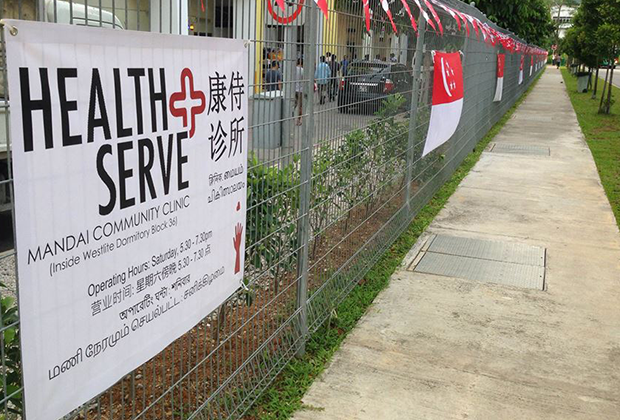
To continue being a society which upholds justice and equality means we must, as a people, continue to ensure fairness and equity for all, including our foreign friends.
After all, our towering skyscrapers and dazzling lights are built on the sweat and tears of migrants who seek a better life in our country.
A day before Singapore celebrated its 50th birthday, I went to visit a dormitory for migrant workers, for the opening of the country's fourth clinic run by Healthserve, which serves migrants and sex workers.
Over health screenings for migrants, games and cheerful banter, I saw a multi-religious, multi-racial tapestry of people from diverse professions and societal backgrounds come together to serve and love one another, and celebrate our diversity.
What a way to celebrate Singapore's Jubilee.
I know we are not perfect. Our trains do break down; the continual immigration and emigration of people creates a tension which must be carefully balanced; and if we are not prudent, we will lose our gastronomical heritage. (Where are our hawker uncles and aunties disappearing to?)
Nonetheless, Singapore is my country. No matter where I am, Singapore is home.
Since returning from Africa, I have never been so grateful for running water, electricity and being able to walk out at night without fear.
My favourite foods are rojak and popiah; my favourite national day song is "Home"; my favourite childhood memory is of me eating kaya toast and teh-ping with my father at a coffeeshop, and my mum asking me to pass a fifty-dollar bill to the old grandma pushing a trolley of scrap cardboard across the street.
My two closest friends are Indian and Chinese with a Thai background because her parents were missionaries in Thailand. I married a Canadian who now serves in Singapore.
Although Cliff and I may have "no permanent residence", and we are due to transit out of Singapore again in less than a year, I know that this is where I can call home.
Home, not just for me, but for all the people all over the world who have chosen to live and love this little red dot.
Our home here may be transient or permanent depending on where the winds of life take us. But in some way, it really doesn't matter, as long as home finds its refuge and place in our hearts, wherever we are.
After all, we are all pilgrims on a journey, whether we call ourselves migrants or not.
Find out how event volunteers, writers, clinic assistants, doctors and counsellors can make a difference to migrants and the marginalised in Singapore through Healthserve.
About HealthServe
Contributors
Writer



